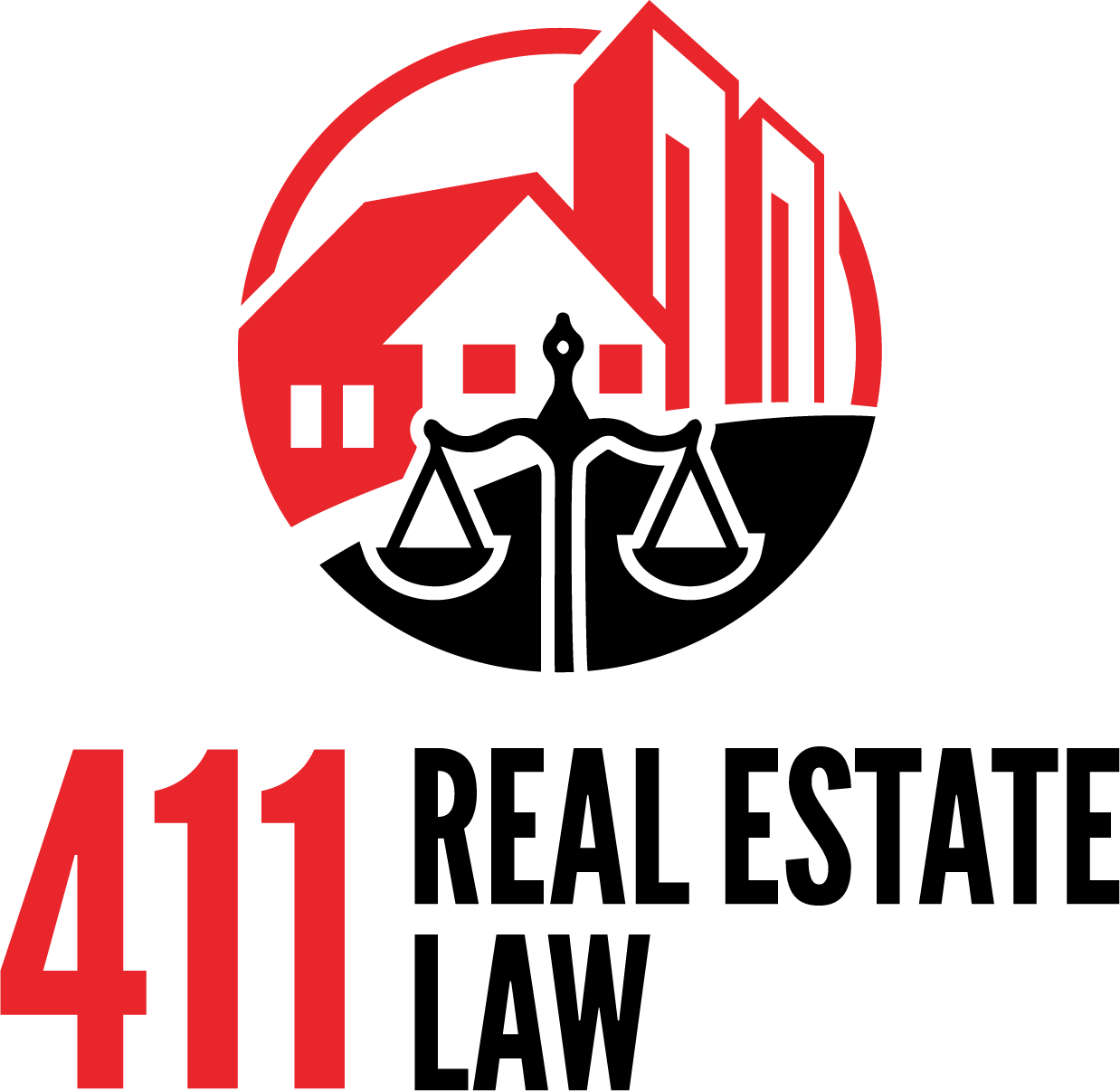A Guide to Mortgage Agreements
What is a Mortgage Agreement?
Definition and Purpose of a Mortgage Agreement
Key Components of a Mortgage Agreement
Several critical elements make up a mortgage agreement, each specifying various aspects of the loan.
Principal Amount
Interest Rates
Terms and Conditions
Payment Schedule
The Role of an Attorney in Mortgage Agreements
An attorney plays a important role in ensuring the mortgage agreement is fair and legally sound.
Why Legal Review is Crucial
While having a mortgage agreement reviewed by an attorney can help identify potential risks and ensure compliance with the law, the need for legal review varies depending on location and the complexity of the mortgage. In some states, attorney involvement is common or even required, while in others, borrowers may complete the process without legal assistance. For more complex transactions or when negotiating specific terms, consulting a real estate attorney can provide valuable protection and clarity.
Identifying Potential Risks
Attorneys can spot unfavorable clauses, hidden fees, or unrealistic terms that may not be immediately apparent.
Ensuring Compliance with Laws
Mortgage agreements must align with local and federal regulations, and a lawyer ensures full compliance, reducing legal risks.

Attorney's Role in Negotiating Terms
Attorneys primarily provide legal advice and support throughout the mortgage process, ensuring that you fully understand the terms of your agreement. While they may not directly negotiate financial aspects such as interest rates or payment schedules, attorneys can help identify areas where negotiation might be beneficial. They guide borrowers in communicating with lenders and offer strategies for securing more favorable terms, helping to protect borrowers from unfavorable conditions that could lead to financial strain.
Modifying Interest Rates
In some cases, attorneys can offer guidance during negotiations with lenders, helping borrowers understand the implications of different interest rate options. While an attorney may not directly secure a lower rate, they can review the terms of the agreement to ensure the borrower is fully informed and can advise on strategies to negotiate better rates with the lender. This legal insight can potentially help borrowers save money over the life of the loan.
Adjusting Payment Schedules
An attorney can review the terms of your payment schedule and provide advice on whether it is manageable and fair. While attorneys typically do not directly negotiate payment schedules with lenders, they can help you understand your options and recommend strategies to negotiate more favorable terms, such as extended repayment periods or reduced monthly payments. This can be particularly beneficial in preventing future financial strain.
Legal Support in Mortgage Disputes
If disputes arise, such as foreclosure or breach of contract, a lawyer provides essential support.
Handling Foreclosure Issues
An attorney can provide essential support if you are facing foreclosure by helping you explore legal options, such as loan modifications, repayment plans, or filing legal defenses. While they may not always prevent foreclosure, attorneys can negotiate with lenders on your behalf or represent you in court to delay proceedings, giving you more time to find a resolution. The outcome will depend on your financial situation and the specific actions of the lender.
Resolving Breach of Contract
Legal representation ensures that both parties are held accountable, with appropriate action taken if a breach occurs.

Types of Mortgage Agreements
There are various types of mortgage agreements, each with different terms, interest rates, and structures.
Fixed-Rate Mortgages
Fixed-rate mortgages lock in an interest rate for the duration of the loan, providing stability in monthly payments.
Adjustable-Rate Mortgages (ARMs)
ARMs offer lower initial interest rates that can fluctuate based on market conditions, which can be risky for some borrowers.
Interest-Only Mortgages
With an interest-only mortgage, borrowers pay only the interest for a set period, after which they begin paying down the principal.
Government-Backed Mortgages
Government-backed loans, such as FHA, VA, and USDA loans, are designed to assist specific groups of borrowers by offering favorable terms. While these loans typically provide benefits like lower interest rates or no down payment, they also come with specific eligibility requirements. For example, FHA loans are ideal for first-time buyers but often require mortgage insurance, VA loans are reserved for veterans and offer unique advantages, and USDA loans assist rural homebuyers who meet certain income limits. Understanding these eligibility criteria is essential when considering these mortgage options.
FHA Loans
FHA loans are backed by the Federal Housing Administration and are ideal for first-time buyers with lower credit scores.
VA Loans
VA loans offer benefits to veterans, including lower interest rates and no down payment.
USDA Loans
USDA loans assist rural homebuyers with competitive rates and favorable terms.
Common Issues in Mortgage Agreements
Understanding potential issues before signing a mortgage agreement can save borrowers from future financial difficulties.
Misunderstanding Terms and Conditions
Borrowers may misinterpret terms, leading to unexpected costs or legal complications down the line.
Hidden Clauses and Penalties
Some mortgage agreements include hidden fees or penalty clauses, which can result in financial strain if not properly reviewed.
Unfavorable Interest Rates
Without careful negotiation, borrowers may lock themselves into higher interest rates than necessary.
Legal Implications of Defaulting on a Mortgage
Defaulting on a mortgage can have severe legal and financial consequences, including foreclosure, which may result in the loss of your home. In addition to this, foreclosure can significantly impact your credit score, staying on your credit report for up to seven years and making it difficult to secure loans or favorable terms in the future. Understanding these long-term effects is crucial when considering your options if you’re facing mortgage default.
Steps to Take Before Signing a Mortgage Agreement
Before committing to a mortgage agreement, certain steps should be followed to ensure a smooth process.
Thorough Review of Terms
A comprehensive review of the agreement terms ensures clarity and understanding of all obligations.
Consulting with a Real Estate Attorney
Engaging a real estate attorney helps ensure that all legal aspects are properly handled.
Understanding Your Financial Obligations
Knowing the full scope of your financial responsibilities will prevent unpleasant surprises later on.
Legal Consequences of Breaking a Mortgage Agreement
Breaking a mortgage agreement can lead to serious financial and legal repercussions.
Financial Penalties
Borrowers may face hefty financial penalties for breaking the terms of a mortgage agreement.
Impact on Credit Score
Failure to comply with the mortgage terms can significantly harm your credit score, affecting future borrowing capacity.
Possibility of Foreclosure
In severe cases, breaching a mortgage agreement can result in foreclosure, causing the borrower to lose their home.
Legal Recourse for Breach of Contract
Both lenders and borrowers can pursue legal action if the terms of the agreement are violated.
Frequently Asked Questions (FAQs)
Why should I hire a real estate attorney for my mortgage agreement?
A real estate attorney ensures your agreement is legally sound and helps prevent costly mistakes.
What are the risks of not having a mortgage agreement reviewed by a lawyer?
Without legal review, you may miss important details, leading to unfavorable terms or legal risks.
Can an attorney help if I'm facing foreclosure?
Yes, an attorney can negotiate with lenders, delaying or even preventing foreclosure.
What should I look for in a mortgage agreement?
Key factors include interest rates, payment schedules, and any hidden fees or penalties.
How can a lawyer assist in modifying a mortgage agreement?
Attorneys can help negotiate better interest rates, adjust payment terms, and offer legal solutions in case of disputes.
The Importance of Legal Guidance in Mortgage Agreements
Legal assistance ensures that all aspects of a mortgage agreement are clearly understood and legally enforceable.
Summarizing the Benefits of Legal Assistance
Working with an attorney can help negotiate better terms, prevent legal issues, and ensure compliance with all regulations.
Encouraging Readers to Seek Professional Help
For a smoother mortgage experience, it’s highly recommended to consult with a real estate attorney before signing any agreements.
